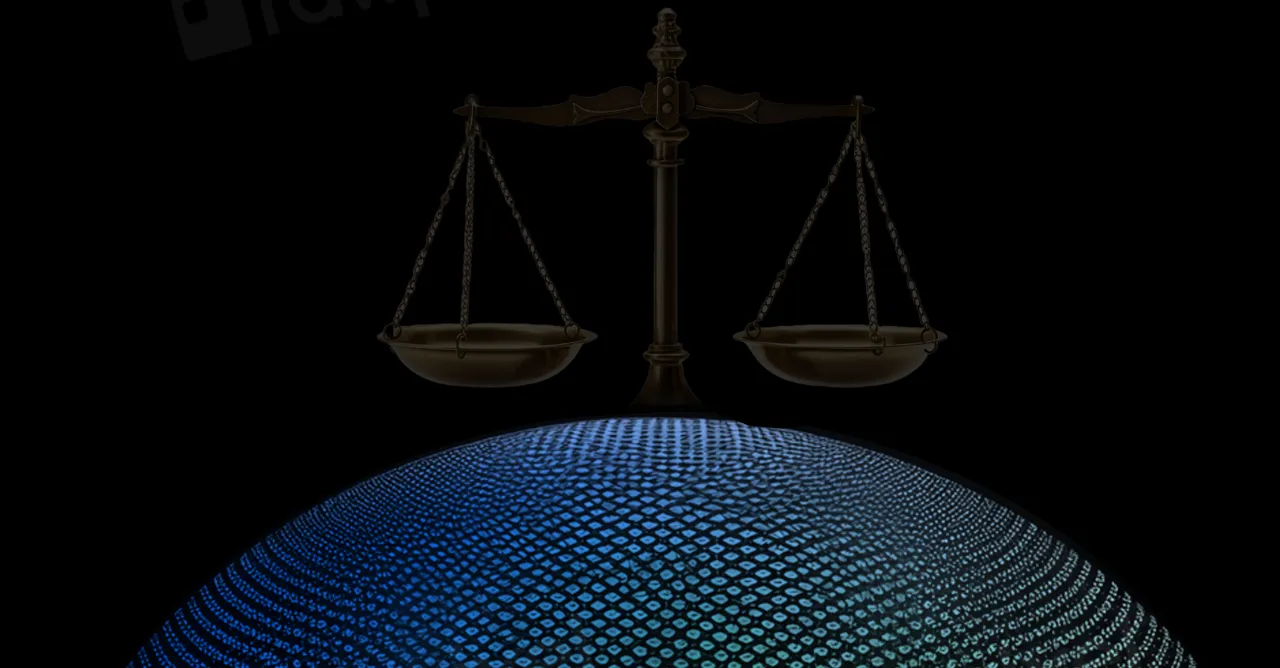Authors
Expertise

On September 3, 2025, the Federal Competition and Consumer Protection Commission (FCCPC) announced the issuance of the Digital, Electronic, Online, or Non-Traditional Consumer Lending Regulations, 2025 (the “DEON Consumer Lending Regulations”). These Regulations address longstanding consumer complaints such as exploitative practices, data privacy violations, harassment, abusive loan recovery methods, and anti-competitive behaviour in Nigeria’s digital credit market.
The Regulations were made pursuant to Sections 17, 18, and 163 of the Federal Competition and Consumer Protection Act (2018). The DEON Consumer Lending Regulations establishes a comprehensive regulatory structure focused on transparency, fairness, responsible conduct, data privacy, and accessible redress mechanisms under the FCCPC’s oversight.
The Regulations are effective from the date of publication in the Federal Gazette (late July 2025; FCCPC notes July 21, 2025). All transition periods (60/90 days) run from commencement.
Scope and Coverage
By virtue of Regulation 3, the DEON Consumer Lending Regulations apply to all unsecured consumer loans, including cash, airtime, data, cashback, services, or barter with verifiable monetary value, provided such transactions occur via digital, electronic, online, or non-traditional means.
Who is Affected?
The Regulations are sector-agnostic and apply broadly to:
Fintech / Digital Lending: Stand-alone loan apps and fintech companies offering consumer credit digitally.
Telecommunications: Telcos and affiliates offering airtime/data loans through mobile platforms. Regulation 24(1) requires at least two service-activation intermediaries, including one wholly Nigerian-owned, within 60 days of commencement.
E-Commerce / Retail: Online platforms offering “Buy Now, Pay Later” or embedded credit facilities.
Payment & Wallet Services: Mobile wallets or payment apps offering overdrafts or short-term credit, even as secondary features.
Exemption: Banks and financial institutions licensed by the CBN under BOFIA are excluded from registration as digital money lenders.
Waivers: Microfinance banks and other CBN-licensed institutions may apply for and obtain waivers from FCCPC registration requirements. This is subject to the Commission’s approval and represents an important compliance pathway for institutions seeking exemption.
Key Compliance Requirements
Registration and Approval: All existing providers must apply for FCCPC’s approval within 90 days of commencement to continue lending operations.
Waiver from Registration: Microfinance banks and other CBN-licensed institutions are required to apply for a waiver from registration from the FCCPC.
Appointment of Intermediaries: Airtime/data lenders must appoint two intermediaries, including one fully Nigerian-owned, within 60 days of commencement.
Business Operations: All partnerships, contracts, and any modifications, assignments, or novations involving consumer lending require FCCPC approval. Pre-existing agreements terminate after the 90-day transition unless re-approved.
Complaint Handling: Transparent, documented processes are mandatory. Complaints must be resolved within 24 hours, or a resolution plan communicated within 48 hours. Consumers may escalate unresolved disputes to the Commission.
Consumer Protection & Disclosure: All lending terms (interest, fees, repayment) must be clearly disclosed before transactions and visible on platforms. Unsolicited marketing violating data or communications law is prohibited; consumers must be able to unsubscribe.
Data Protection & Privacy: Full compliance with the Nigeria Data Protection Act 2023 and NDPC GAID 2025 is required. Obligations include:
o Obtaining an Audit Trust Mark from the NDPC.
o Submitting a Compliance Audit Report/PIA from a registered DPCO.
o Providing service utilisation statements within 24 hours and implementing robust security measures.
o Registration may commence while awaiting issuance of required data-protection documents.
FCCPC Enforcement Landscape
Over 400 digital lenders currently listed.
Categories include fully approved, conditionally approved, delisted, or watch listed operators.
A limited number of waivers have already been granted (notably to microfinance banks and other CBN-licensed institutions), demonstrating the Commission’s willingness to consider exemption applications.
Penalties for Non-Compliance
Fines up to ₦50 million for individuals.
Fines up to ₦100 million or 1% of prior-year turnover for companies.
Additional sanctions include suspension of operations, license revocation, and director disqualification for up to 5 years.
Conclusion
The FCCPC’s DEON Consumer Lending Regulations mark a critical shift toward responsible, transparent, and fair digital lending practices in Nigeria. Affected operators should prioritise compliance, not only to avoid sanctions but to strengthen consumer trust and ensure long-term sustainability in the digital finance sector.
Act now to align your services with these obligations or to explore potential waiver applications, and lead in ethical, consumer-friendly lending.
For further inquiries or compliance support, please contact yeye.nwidaa@jee.africa
Important Notice: The information contained in this Article is intended for general information purposes only and does not create a lawyer-client relationship. It is not intended as legal advice from Jackson, Etti, & Edu (JEE) or the individual author(s), nor intended as a substitute for legal advice on any specific subject matter. Detailed legal counsel should be sought prior to undertaking any legal matter. The information contained in this Article is current to the last update and may change. Last Update: October 1, 2024.








